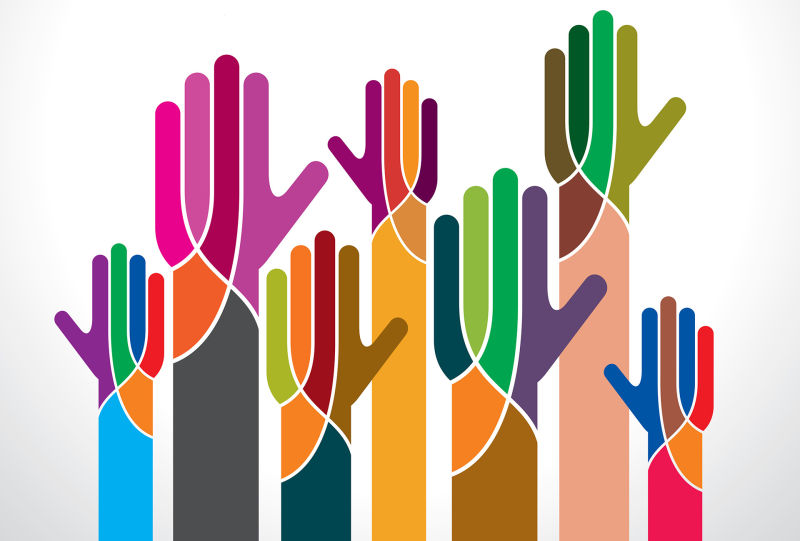Public media organizations like KQED strive not just to report the news as it happens, but also to explore issues, ideas, events and cultures. So Well Spoken is the latter type of effort at a time when race and culture are featured prominently in the news. (Recent examples here, here, here, here, here, here and here.)
On Facebook, one person took strong issue with our recent story about the concept of white privilege:
2 MAs, 20 years teaching experience abroad, and I have the privilege of teaching ESL in the great East Bay for $17 net an hr at an ESL school in the super cool, super liberal, full of super-duper love for the homeless city of Berkeley - concern for those of us who work for a living, not so much.. Oh, I forgot!! I'm WHITE so I'm "privileged". Gotcha.
That story also prompted a similar reaction from Dick in San Jose, who left us a voicemail:
...I've had to work for everything I've got, so maybe stop spreading the propaganda that all white people are privileged. It's more of a socioeconomic, where you were raised and how much money your parents and how good your parents are at parenting you. So come on, guys, you're smarter than that. It's not about race really. So please, stop with this. Please. Every day. It's half intellectual conversation, half propaganda, “white men are horrible”... come on. Grow up.
It's true that not all whites are equally privileged. However, research shows that white privilege transcends socioeconomics. Another study shows that the “I’ve worked for everything I’ve got” argument often comes up among people who are reluctant to acknowledge the impact of white privilege.
Some of the criticism has been very helpful. One listener, a white male who declined to give his name or city, suggested that we create an email address for feedback (initially, we took only calls and social media posts).
His concern was that people like him wouldn't share their stories unless they could do so privately and think through their words. That was an excellent point, and we added SoWellSpoken@KQED.org to meet that need.
Perhaps our most vocal critic is Henry, a listener in Napa who was very upset over our story about the recent incident aboard the Napa Valley Wine Train:
...I think KQED in particular is obsessed with race, and I think the more you talk about it, the worse it gets. one of the reasons race in America is so tenuous and so tense right now, is because of the over-obsession with liberal media like yourselves, and I hope you have the b---- to put this on the radio, OK? Because we're sick and tired of it.
Whether you like So Well Spoken or not, whether you agree with the assessments of our guests or not, whether you think this approach is right or wrong, the mere fact that you are engaging with us makes you part of the dialogue. And part of the solution.
I’m encouraged by these comments, critical and complimentary. We’ve aired only four segments so far -- hardly enough to get into the nuances of race, culture, diversity and identity. Today we air the first hourlong show, where we hope to consider more of those nuances.
So Well Spoken is a safe space to have dangerous conversations. Pushing the critics away would violate the spirit of this project because, at the end of the day, we really do need one another. I think Bayard Rustin, the main organizer of the 1963 March On Washington, said it best:
“We are all one. And if we do not know it, we will learn it the hard way.”

